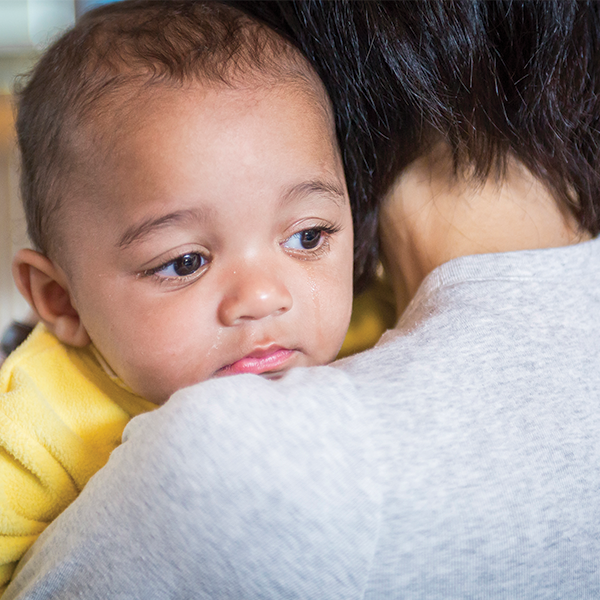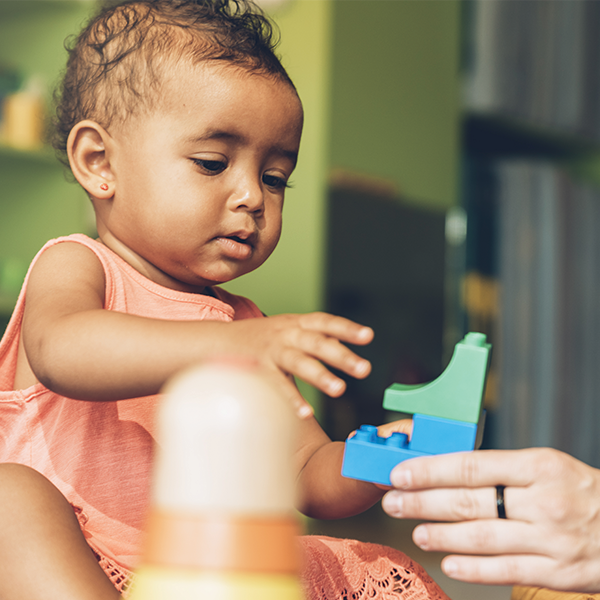The Challenge
All of Illinois thrives when its youngest children thrive
Where a child is born should not determine their success. The first three years of a child's life are incredibly important and influential. This period is when they grow and learn the fastest, making it a crucial time to establish the groundwork for their overall development and future learning.
The Earliest Years: A Foundation for Life
The experiences that children have during their earliest years shape their brain development and the healthy development of all other systems in the body in a significant way that sets them up for lifelong success or challenges.
Leveling the Playing Field
Today, less than 20% of Illinois infants and toddlers have access to licensed child care, with only 5% having access to high-quality care. Families also experience barriers accessing home visiting, early intervention and other critical prenatal-to-age 3 services.
Addressing these issues can help level the playing field for every child in Illinois, identifying the root causes of disparities for children and adults throughout the state.
Less than 20% of IL
infants & toddlers
have access to
licensed
child care
The First 1,000 Days
The first three years of a child’s life are the most active period for establishing the brain's architecture. In fact, more than 1 million new neural connections form every second. Moreover, cardiovascular disease, diabetes and depression—three of the most common and costly conditions that account for more than $600 billion in health care expenditures in the U.S. annually—are associated with adverse early childhood experiences.
#1 Threat to Children’s Well-being is Poverty
Poverty disproportionately impacts families with young children. Parents of infants and toddlers face many barriers to accessing income supports and employment opportunities that can lift them out of poverty, such as paid family leave, quality child care and food assistance programs.

17.8%
of early education
workers
live in poverty
17.8% of Early Education Workers in Illinois Live in Poverty
According to a study conducted by the Center for the Study of Child Care Employment at the University of California, Berkeley, child care workers are among some of the lowest-paid professionals in the country. This workforce—which is heavily reliant on women and women of color in particular—consistently ranks in the bottom percentile of worker pay. In 2022, the mean annual wages for a child care worker was $30,900 per year, which unfortunately places a family of four dependent on a child care income at the federal poverty level.
Illinois Ranks 25th in Infant Mortality
As of 2020 data from the CDC, Illinois ranks 25th out of 50 states and the District of Columbia in infant mortality. Although the infant mortality rate in Illinois has decreased over time, major racial and ethnic disparities persist, with the rate for infants born to non-Hispanic Black women consistently at two to three times the rate of non-Hispanic white women.


